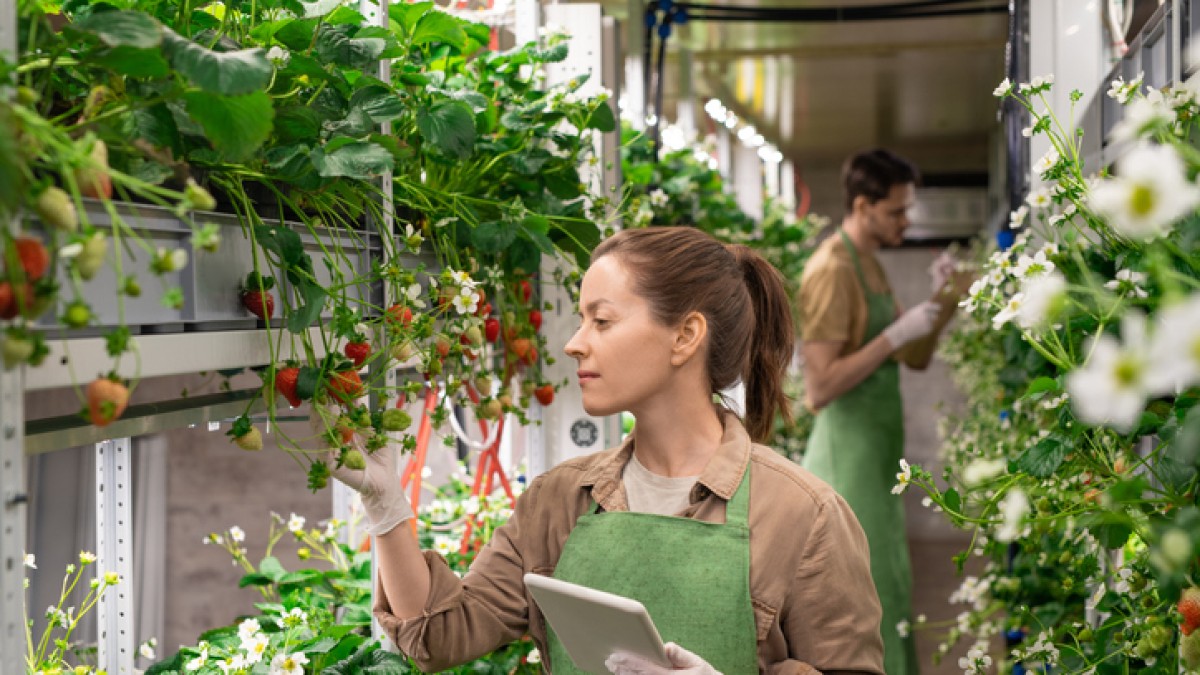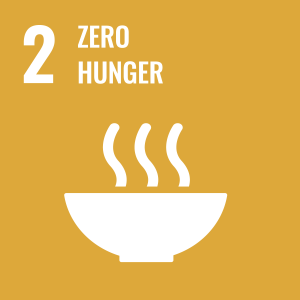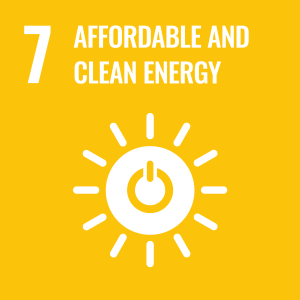Environmental case for vertical farming stacks up – according to new study
Growing lettuce on stacked shelves in high-tech greenhouses could be as good for the environment as growing them in fields and could save 8,000 hectares of land in the UK, according to a new study from the University of Surrey and the University of Aberdeen.

Researchers studied a vertical lettuce farm in the UK. They found it produced the equivalent of 740g of carbon dioxide (CO2) per kilo of lettuce. This was comparable to growing in a field – but used a lot less land.
In vertical farms, shelves of crops like lettuce or herbs are stacked on top of each other in a controlled environment. Plants can grow without soil – drip-fed with nutrient-rich water or even with mist sprayed onto their exposed roots.
In the lettuce farm studied, electricity use made up nearly 40% of its total climate change impact. As such, the climate impact of vertical farming depends a lot on how that electricity is generated.
The researchers also studied other environmental impacts like land use, water use, and water pollution.
The link to the study can be found here.
Related sustainable development goals





Featured Academics
Media Contacts
External Communications and PR team
Phone: +44 (0)1483 684380 / 688914 / 684378
Email: mediarelations@surrey.ac.uk
Out of hours: +44 (0)7773 479911

